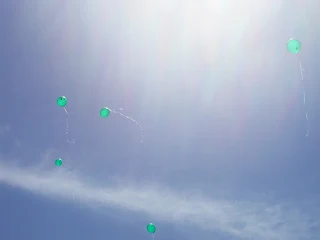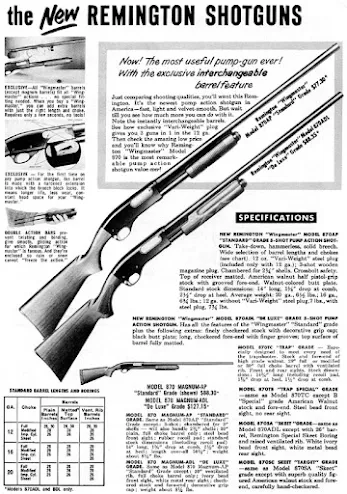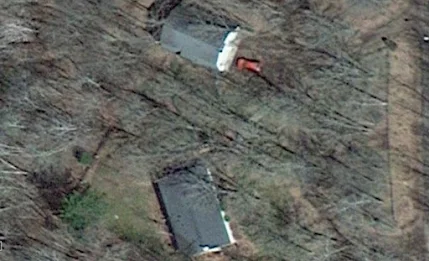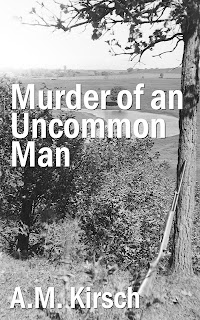The Story Behind Murder of an Uncommon Man
The unexpected call from his second wife forced me to confront my father’s life and death. A farmer found him shot in a field with a shotgun, and I needed to explain why. From my home in Vancouver, half a continent away, I sifted through musty boxes and my own memories to piece together what happened to him over his last twelve years of estrangement. Poring over scribbled notes and emails, police reports, and my father’s well-worn Bible, I uncovered a life that ended in one of two ways. As I put the last pieces of the puzzle into place, a call from another family confirmed my suspicions: the killer had taken her next victim, and a second family was helpless to stop her.
My memoir, with the names and places changed, chronicles my father's life and death, from his youth in 1950s Iowa to unravelling the mystery of his death ten years afterwards.
My grandfather, a former photojournalist turned small-town photo studio owner in Sac City, Iowa, took the picture on the cover. Grandma found his photo of a shotgun in his desk drawer after he died, and Dad sent it to me as he began to shed everything connected to us.
My grandfather took this photo of Dad for elementary school.
One of the mink that terrorized Dad when my grandfather forced him to clean the cages (read about it in Prologue).
Dad's family (Berg in the book) on June 7, 1955. Back: Dad (Daniel) and his eldest sister (Jane). Front: His father (Andrew), younger sister (Ruby), and mother (Norah).
Opening day of Andrew Berg's photo studio in Sac City, Iowa, May 3, 1952.
Dad and Grace's house when my brother and I stopped in after Norah's funeral in 2002. Was the car Dad's or Grace's lover? It was gone when we returned (Chapter 3).
The car was gone and only boot prints remained in the driveway when my brother and I returned to their house (Chapter 3).
Dad often flew my brother and me in his friend's plane (Ben Anderson in Chapter 3). I blurred the plane's ID for the new owner's privacy.
A few of Dad's remaining possessions, including his devotional Bible, were displayed in the foyer at his funeral (Chapter 6).
The grandchildren released teal balloons at his funeral. One for each of them (Chapter 6).
Dad in his element in the 1960s. Like many pilots, his favourite poem was "High Flight" by John Gillespie Magee Jr. I learned this from Mom after his funeral (Chapter 6). Oh! I have slipped the surly bonds of Earth And danced the skies on laughter-silvered wings; Sunward I’ve climbed, and joined the tumbling mirth Of sun-split clouds, – and done a hundred things You have not dreamed of – wheeled and soared and swung High in the sunlit silence. Hov’ring there, I’ve chased the shouting wind along, and flung My eager craft through footless halls of air… Up, up the long, delirious burning blue I’ve topped the wind-swept heights with easy grace Where never lark, or ever eagle flew – And, while with silent, lifting mind I’ve trod The high untrespassed sanctity of space, Put out my hand, and touched the face of God.
Bethany sent one of the last pictures she'd taken of Dad after we talked (Chapter 6). It was from her wedding a few years before his death.
Researching Dad's death included clues like the Storm Performer ice scraper found next to him (screenshot from a web ad), measurements of the Wingmaster 870 from the Remington website, a scan of a 1950s ad from the Remington Society, and a picture of a 1991 Ford Escort hatchback from Car Gurus (Chapter 8).
Google satellite images and street view showed the pull-out in the field where the farmer found his body behind the car.
As she cleared out his belongings, Grace sent me his miniature violin, class ring, used headband, and the Bulova watch he tried to give me on my 20th birthday in 1986 (Chapter 9).
I bought a used copy of the 1993 Men's Devotional Bible and found it as worn and marked up as his. This was one of the passages that helped me imagine his mindset in his twelve years of estrangement (Chapter 9, screenshot from Amazon "Look Inside" feature).
Dad's eldest sister liked to remember him performing in a high school musical (centre). He resented that his father never encouraged him or attended any of his many performances (Chapter 12).





























.JPG)
